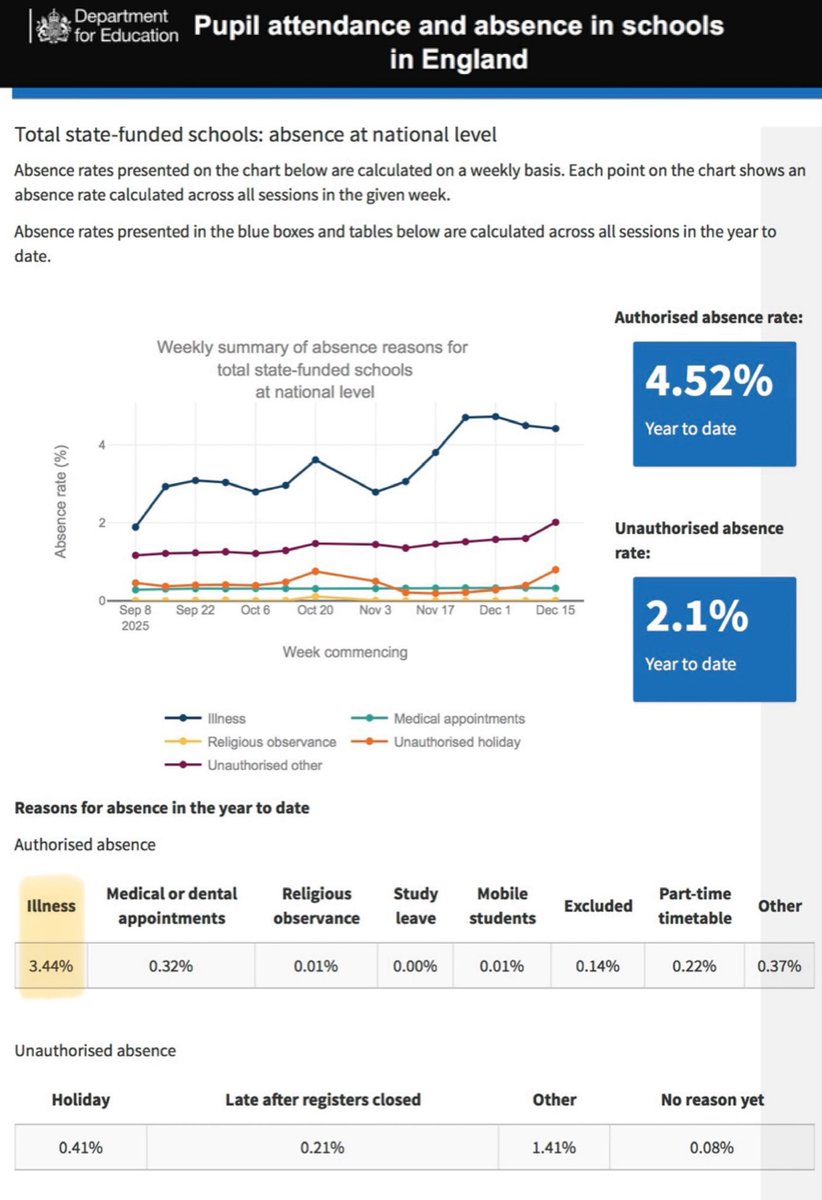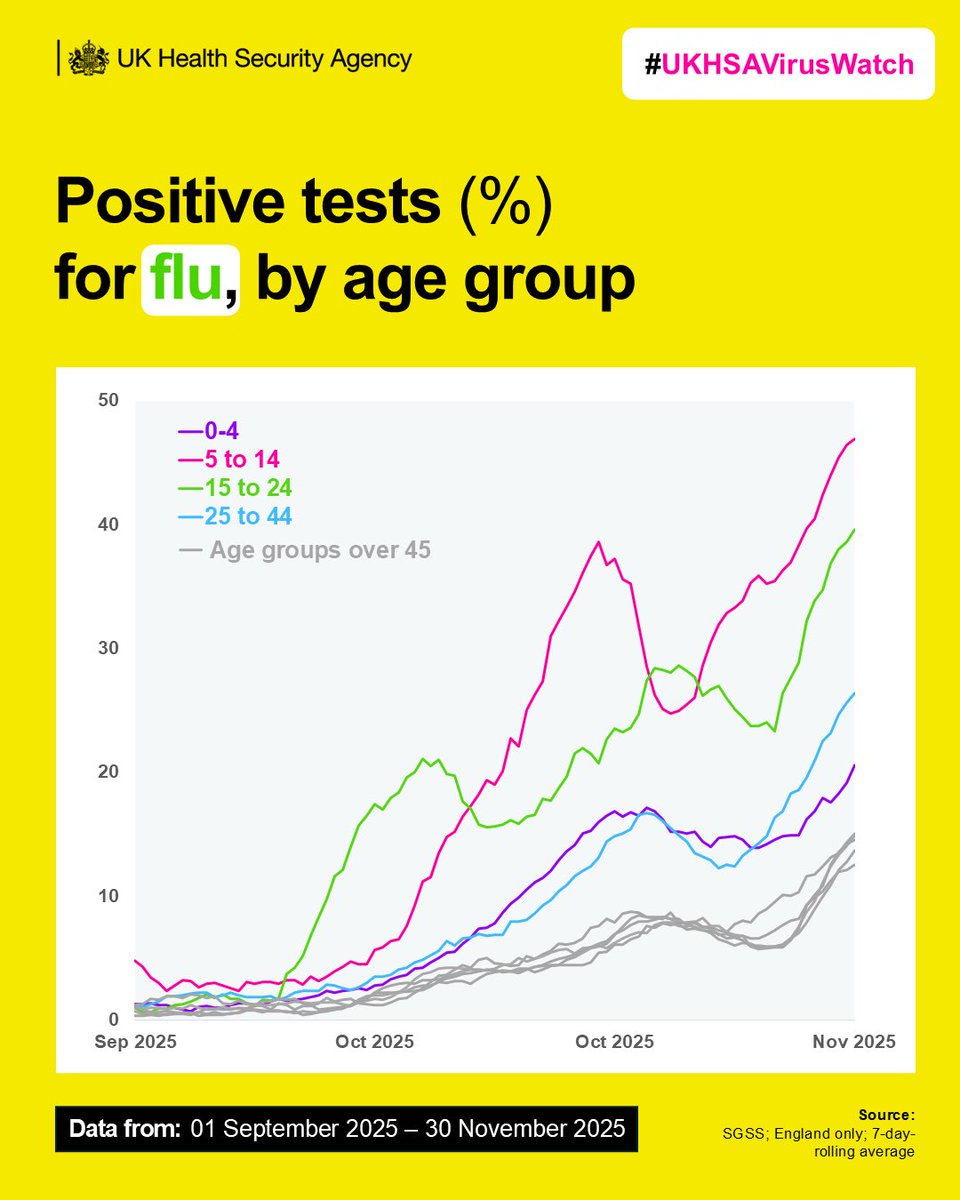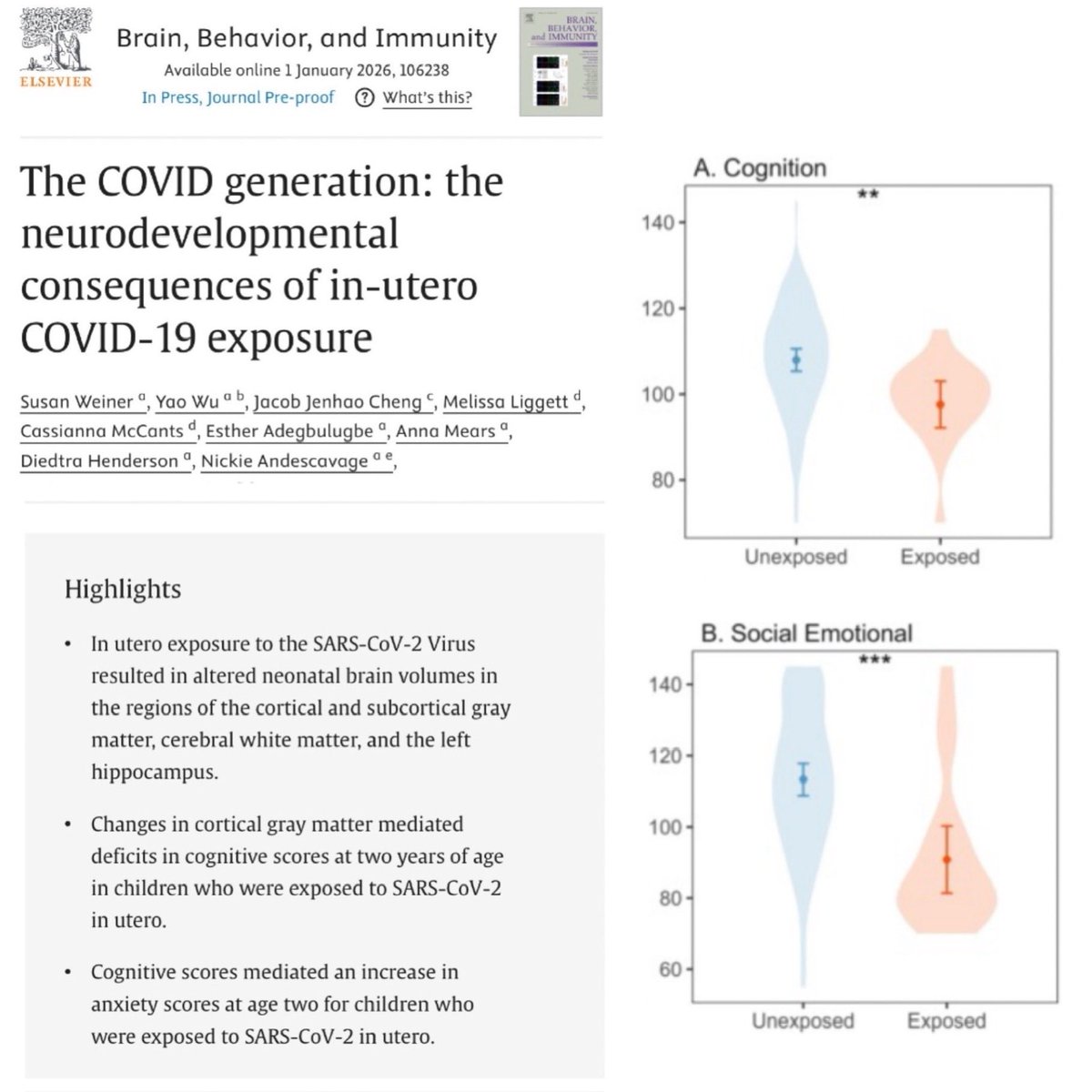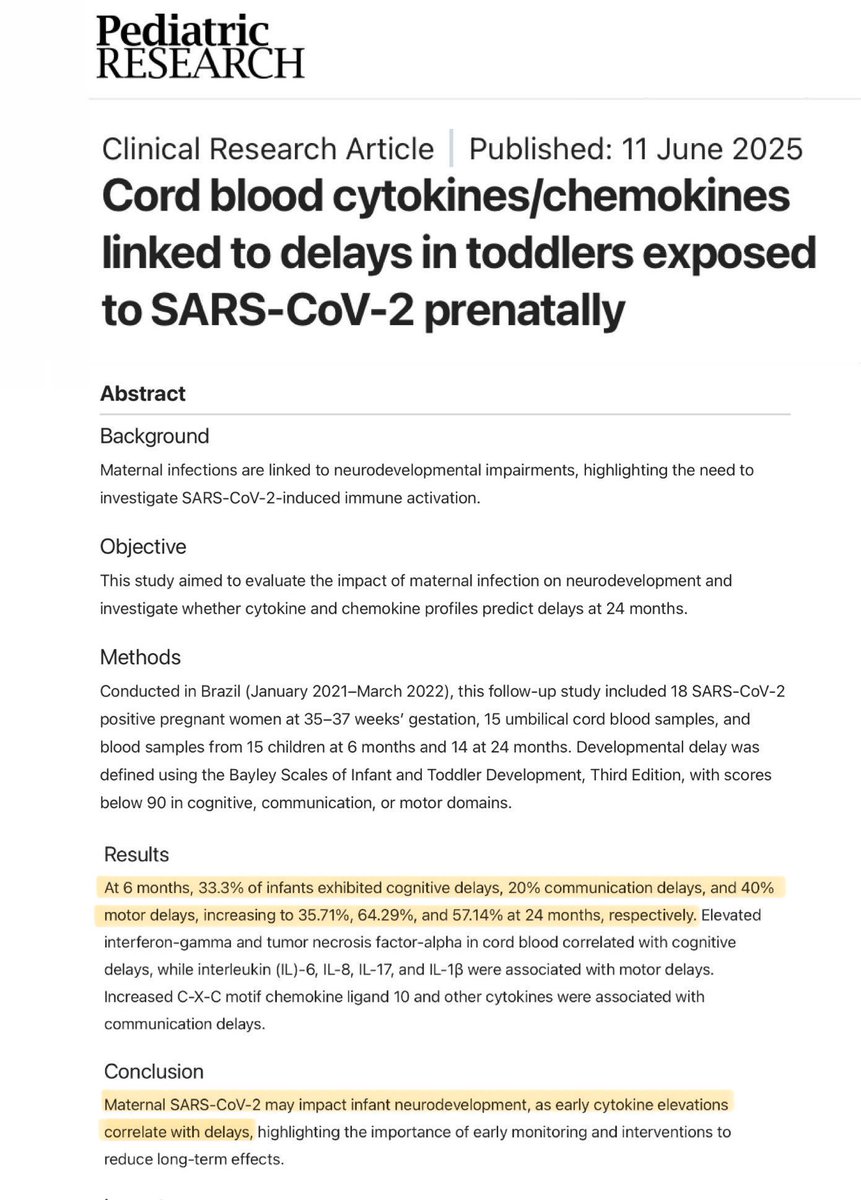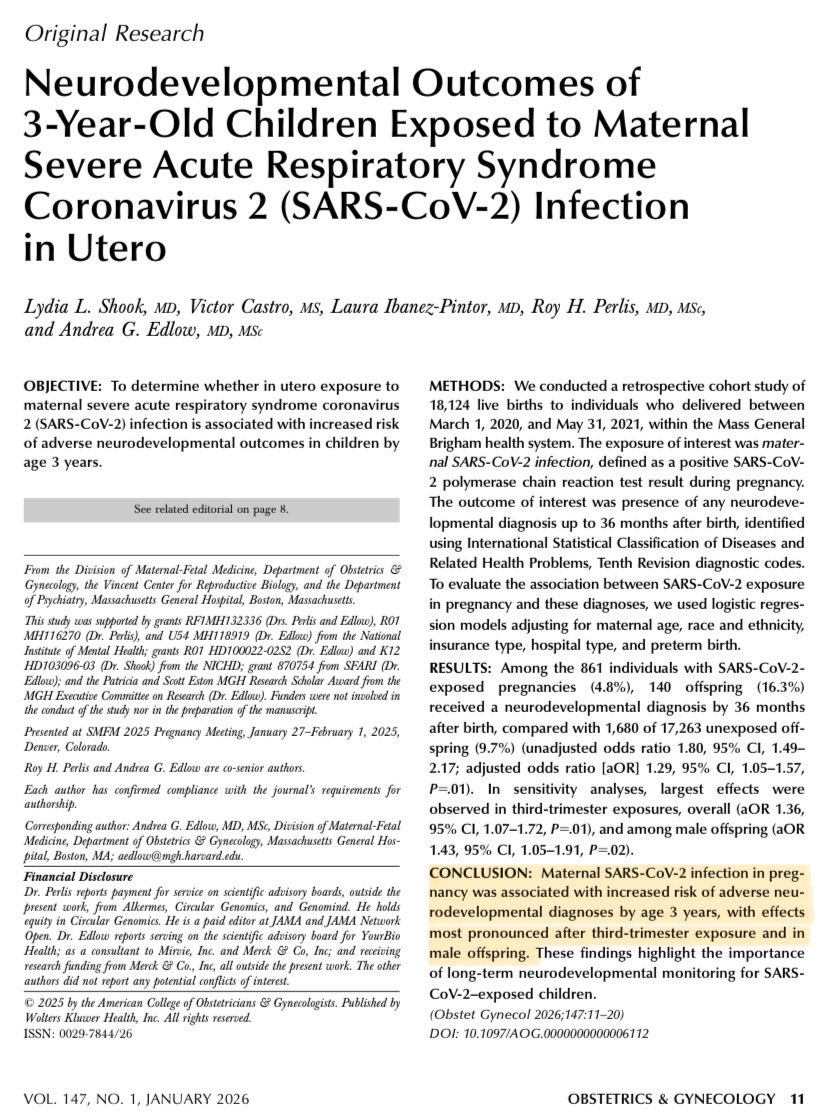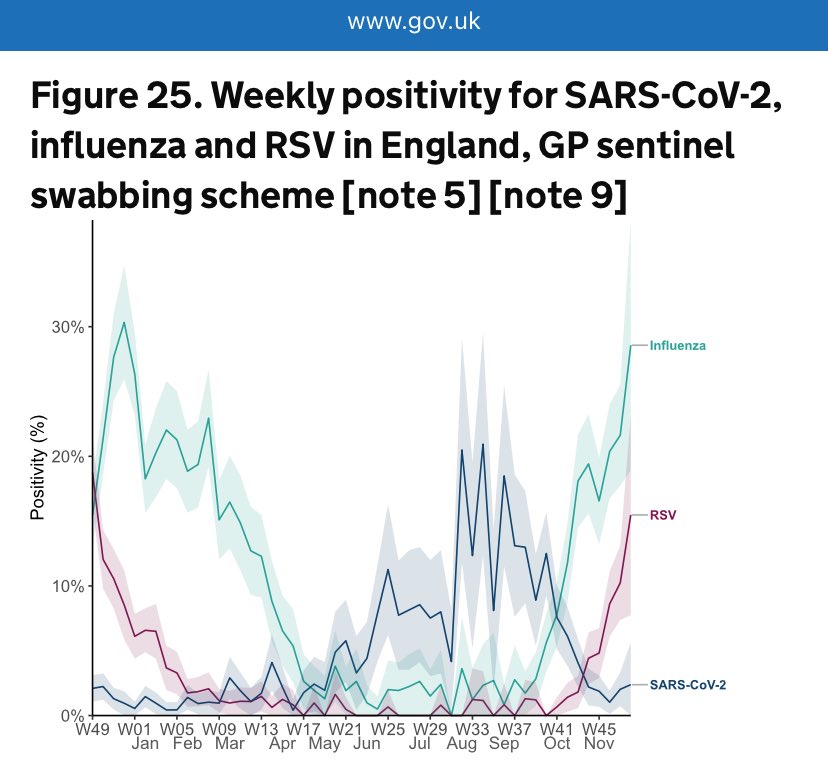COVID HOSPITALISATIONS, a thread🧵
In case anyone still believes that changing the Covid testing policy in hospitals back in April hasn’t really affected the hospitalisation data, this chart is just for you.
Please take a good look at it.
It tells a very interesting story…
In case anyone still believes that changing the Covid testing policy in hospitals back in April hasn’t really affected the hospitalisation data, this chart is just for you.
Please take a good look at it.
It tells a very interesting story…

You can quite clearly see the point where Covid hospitalisations decouple from the PCR positivity rate…
…and it’s no coincidence that it falls on EXACTLY 1 April 2023.
…and it’s no coincidence that it falls on EXACTLY 1 April 2023.

1 April is the date that Covid testing policy in hospitals changed.
Since that date, there has been no routine Covid testing in hospitals, even for those with Covid symptoms.
Since that date, there has been no routine Covid testing in hospitals, even for those with Covid symptoms.

Since 1 April, PCR tests have only been given to those where having a Covid diagnosis would change their prescribed clinical treatment plan.
Even clinically vulnerable patients eligible for anti-viral treatment are only given an LFT test.
gov.uk/guidance/covid…

Even clinically vulnerable patients eligible for anti-viral treatment are only given an LFT test.
gov.uk/guidance/covid…

And yet, despite there now being no routine Covid testing for hospital admissions, we’ve still seen a rapid increase in Covid hospitalisations over the last 3 months.
It’s not just increased a bit; it’s QUADRUPLED!
It’s not just increased a bit; it’s QUADRUPLED!

When we look back a bit further, the data appears more reassuring as the recent hospitalisation figures are nowhere near the peaks we used to get.
But remember, prior to 1 April, every single hospital admission would be routinely tested for Covid.
It’s like comparing 🍎 & 🍐!
But remember, prior to 1 April, every single hospital admission would be routinely tested for Covid.
It’s like comparing 🍎 & 🍐!

If there hadn’t been the change in testing policy, perhaps that trough in July would be at the same baseline as other recent dips?
If you extrapolate a 4x increase on top of that, the numbers start to look extremely worrying.
But, of course,without testing, we can’t be sure. 🤷🏻♀️
If you extrapolate a 4x increase on top of that, the numbers start to look extremely worrying.
But, of course,without testing, we can’t be sure. 🤷🏻♀️

Either way, this 4-fold increase in Covid positive hospital admissions, despite there being *no* routine testing, is quite something.
But what’s even *more* remarkable is that there’s not even been any noticeable increase in PCR testing volumes (grey bars on chart below).
👇🏻
But what’s even *more* remarkable is that there’s not even been any noticeable increase in PCR testing volumes (grey bars on chart below).
👇🏻

The thing which has shot up massively is the % of PCR tests which give a positive result.
It’s just peaked at 16.9%.
With the same number of tests but a big increase in positivity rate, that tells us we’re almost certainly missing a LOT of Covid hospital cases in those figures.
It’s just peaked at 16.9%.
With the same number of tests but a big increase in positivity rate, that tells us we’re almost certainly missing a LOT of Covid hospital cases in those figures.

Rumour has it that some hospitals have even been told they’re not *allowed* to test patients for Covid.
https://twitter.com/cullum3cullum/status/1709513278303424784
But even without much testing, doctors on the front line are confirming that they’re definitely seeing a marked increase in Covid cases…
https://twitter.com/danielgoyal/status/1709655257414865359
There’s two aspects to this story though:
1) the data and the fact that we’re not seeing the full picture here.
But more importantly:
2) the real-world impact of all those hospital patients who are infected with Covid but haven’t been tested for it.
1) the data and the fact that we’re not seeing the full picture here.
But more importantly:
2) the real-world impact of all those hospital patients who are infected with Covid but haven’t been tested for it.
The really tragic thing is that it’s no longer deemed necessary to test to identify Covid positive patients because there are not really any infection controls for Covid anymore.
There are no isolation wards for Covid patients.
They don’t test them. They don’t isolate them.
There are no isolation wards for Covid patients.
They don’t test them. They don’t isolate them.
If you have to be admitted to hospital, it’s quite possible there will be someone on your ward with Covid.
They may not even know it themselves as there’s hardly any testing anymore…
They may not even know it themselves as there’s hardly any testing anymore…
Even if there’s not someone on your ward with Covid, maybe there is on the ward next door.
And then you’ve got doctors and nurses who are busily doing their jobs, moving from ward to ward, patient to patient, seeing dozens of sick patients a day… day in, day out…
And then you’ve got doctors and nurses who are busily doing their jobs, moving from ward to ward, patient to patient, seeing dozens of sick patients a day… day in, day out…
…but those doctors and nurses who have been attending to all those sick patients won’t be wearing a face mask.
Masks are no longer required in the vast majority of hospitals.
Apparently it’s more important to see doctor’s smiles 😁 than to prevent the spread of infection.
Masks are no longer required in the vast majority of hospitals.
Apparently it’s more important to see doctor’s smiles 😁 than to prevent the spread of infection.

It’s little wonder that Covid is spreading like wildfire through hospitals.
Part of the reason it spreads so easily is that people are highly contagious just before the onset of any symptoms.
In fact, nearly 60% of all Covid infections are from people with NO symptoms (yet).

Part of the reason it spreads so easily is that people are highly contagious just before the onset of any symptoms.
In fact, nearly 60% of all Covid infections are from people with NO symptoms (yet).
https://twitter.com/_catinthehat/status/1686359949910196226

Without routine testing, these asymptomatic cases will of course go undetected.
But it’s even worse than that.
They’re not even protecting against SYMPTOMATIC transmission!
Healthcare workers who have Covid symptoms and/or test positive are told they should still come to work.
But it’s even worse than that.
They’re not even protecting against SYMPTOMATIC transmission!
Healthcare workers who have Covid symptoms and/or test positive are told they should still come to work.

Surely the one place that people should be afforded a higher level of infection control is in hospitals…
…a place where people go when they are sicker, weaker and more vulnerable than they would usually be.
Isn’t that the very essence of the Hippocratic Oath?
…a place where people go when they are sicker, weaker and more vulnerable than they would usually be.
Isn’t that the very essence of the Hippocratic Oath?

Numerous studies tell us that clinical outcomes from hospital-acquired Covid infections are pretty dire, far worse than those who remained infection free.
“1 in 5 people who caught Covid in hospital, died with it.”
mirror.co.uk/news/uk-news/w…

“1 in 5 people who caught Covid in hospital, died with it.”
mirror.co.uk/news/uk-news/w…
https://twitter.com/_catinthehat/status/1642595070384717824

This isn’t just impacting patients, it’s impacting doctors too.
@TheBMA recently released a report outlining the devastating effect which Long Covid is having on many doctors’ lives.
It ended with a powerful quote from @fearnley_k 👇🏻
bma.org.uk/bma-media-cent…

@TheBMA recently released a report outlining the devastating effect which Long Covid is having on many doctors’ lives.
It ended with a powerful quote from @fearnley_k 👇🏻
bma.org.uk/bma-media-cent…

This week, the Covid Inquiry has been hearing evidence from doctors saying they didn’t feel adequately protected during the early stages of the pandemic.
But Covid is not over.
This is still happening in hospitals TODAY.
And there are even LESS mitigations now than back then.

But Covid is not over.
This is still happening in hospitals TODAY.
And there are even LESS mitigations now than back then.
https://twitter.com/thebma/status/1709554271526559807

In Scotland, doctors formally wrote to the Government in July opposing the withdrawal of face-masks in healthcare.
They state that they consider this decision to be “flawed and dangerous”.
You can download a pdf copy of the letter from here:
covidactionscotland.org/2023/07/17/sco…

They state that they consider this decision to be “flawed and dangerous”.
You can download a pdf copy of the letter from here:
covidactionscotland.org/2023/07/17/sco…
https://twitter.com/_catinthehat/status/1680955836271583232

If you’ve read this far, hopefully you understand why we need to do more to prevent the spread of Covid in hospitals.
Please help us by signing & sharing this petition to bring back #MasksInHealthcare:
✍🏻
We need to hit 10,000 signatures by 12 October! petition.parliament.uk/petitions/6363…

Please help us by signing & sharing this petition to bring back #MasksInHealthcare:
✍🏻
We need to hit 10,000 signatures by 12 October! petition.parliament.uk/petitions/6363…

We also need to filter the air on wards to remove viruses and other airborne pathogens…
…just like they are doing in the East Suffolk & North Essex NHS Foundation Trust.
This should be rolled out across ALL healthcare settings.

…just like they are doing in the East Suffolk & North Essex NHS Foundation Trust.
This should be rolled out across ALL healthcare settings.

https://twitter.com/esneft/status/1641769799687585795
Everyone should have the right to access safe healthcare.
Hospitals must be made safe again.
Below is a Open Letter written by the distinguished team of experts at the John Snow Project which you can use to help advocate for better infection controls in your local hospital 👇🏻




Hospitals must be made safe again.
Below is a Open Letter written by the distinguished team of experts at the John Snow Project which you can use to help advocate for better infection controls in your local hospital 👇🏻
https://twitter.com/johnsnowproject/status/1696173929272938678




@kallmemeg Actually, I should say trends are still “reliable”, rather than “good”…
…because the trends actually don’t look too “good” at all, do they?
It’s been a while since we’ve seen hospitalisations quadruple in the space of just 3 months.
…because the trends actually don’t look too “good” at all, do they?
It’s been a while since we’ve seen hospitalisations quadruple in the space of just 3 months.
@kallmemeg By the way, I’m not sure if you saw my reply to your kind offer to take me through your data sources on another thread. 👇🏻
Please could you let me know if I’ve missed any data that allows us to estimate the current prevalence of Covid.
I’d really like to learn more.
Please could you let me know if I’ve missed any data that allows us to estimate the current prevalence of Covid.
I’d really like to learn more.
https://twitter.com/_catinthehat/status/1708753924344209641
• • •
Missing some Tweet in this thread? You can try to
force a refresh


